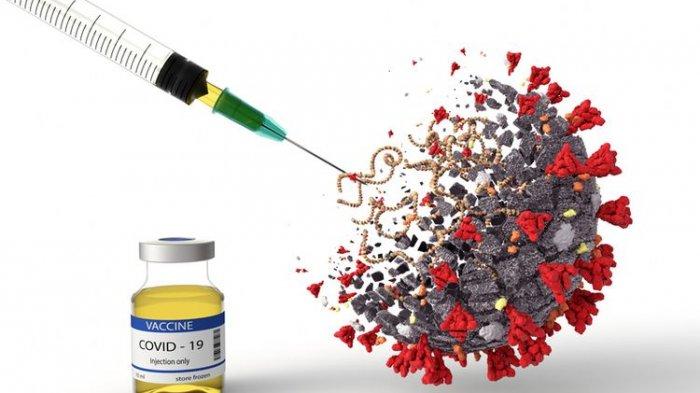The British government is considering easing customs controls on foodstuffs, medicines and other important categories of goods coming from the European Union in the longer term. Such a move could be taken because officials in London fear that full-fledged customs controls could lead to significant delays and a noticeable shortage of food in supermarkets.
For fear of empty shelves, the British could postpone customs checks on EU goods Artyom Konohov
—
Although the referendum on Britain’s withdrawal from the European Union took place almost five years ago, the British government has still not been able to prepare the infrastructure and hire enough staff to launch full-fledged checks on goods at the border. As a result, customs officers in the European Union currently have full control over goods coming from Britain, but British goods entering Britain are not checked.
The current plan is for British customs to start inspecting meat, milk, honey and other animal products, as well as specially regulated plants and plant products, which may require a veterinary permit to be traded in the United Kingdom from 1 April this year.
From 1 July, all companies importing goods from the European Union will have to complete a full customs declaration and the goods could also be physically inspected.
However, according to The Guardian, the new Brexit minister, Lord Frost, has asked his subordinates to assess whether such customs controls can indeed be introduced within the deadlines set.
No decisions have yet been made, but the newspaper notes that there is growing skepticism in the government corridors that customs controls will be launched in time. Therefore, the possibility of introducing lighter inspections in April and starting the full control planned for July much later is being considered.
Officials in London are concerned that checks on goods could cause significant delays at the border and lead to food shortages in British supermarkets.
Britain receives a lot of food from European Union countries. Therefore, the volume of goods to be examined is large.
The shortage of goods resulting from inspections can well be seen in the opposite direction. Both Paris and Brussels have a number of shops selling British cuisine. Eyewitnesses say that many shelves in these stores are half empty. In Brussels, one such store was even forced to close its doors for several days because it had nothing to sell. It was later reported in the media that the owners of this store will try to supply similar products from Ireland.
Fears of food shortages and empty supermarket shelves led the British government to recently announce that it was unilaterally extending the deadline for full controls on the movement of goods between Britain and Northern Ireland. This deeply angered officials in Brussels. The European Commission said London had to coordinate such a move. Therefore, it is possible that the European Commission will launch a formal action against Great Britain in a new week.
It should be noted that the latest data from the British Food and Drink Federation show that exports of goods to EU countries have fallen by 45% since 1 January.
–
Highlight text and press Ctrl+Enterto send the text to be edited!
Highlight text and press Report a bug buttons to send the text to be edited!
–
–


